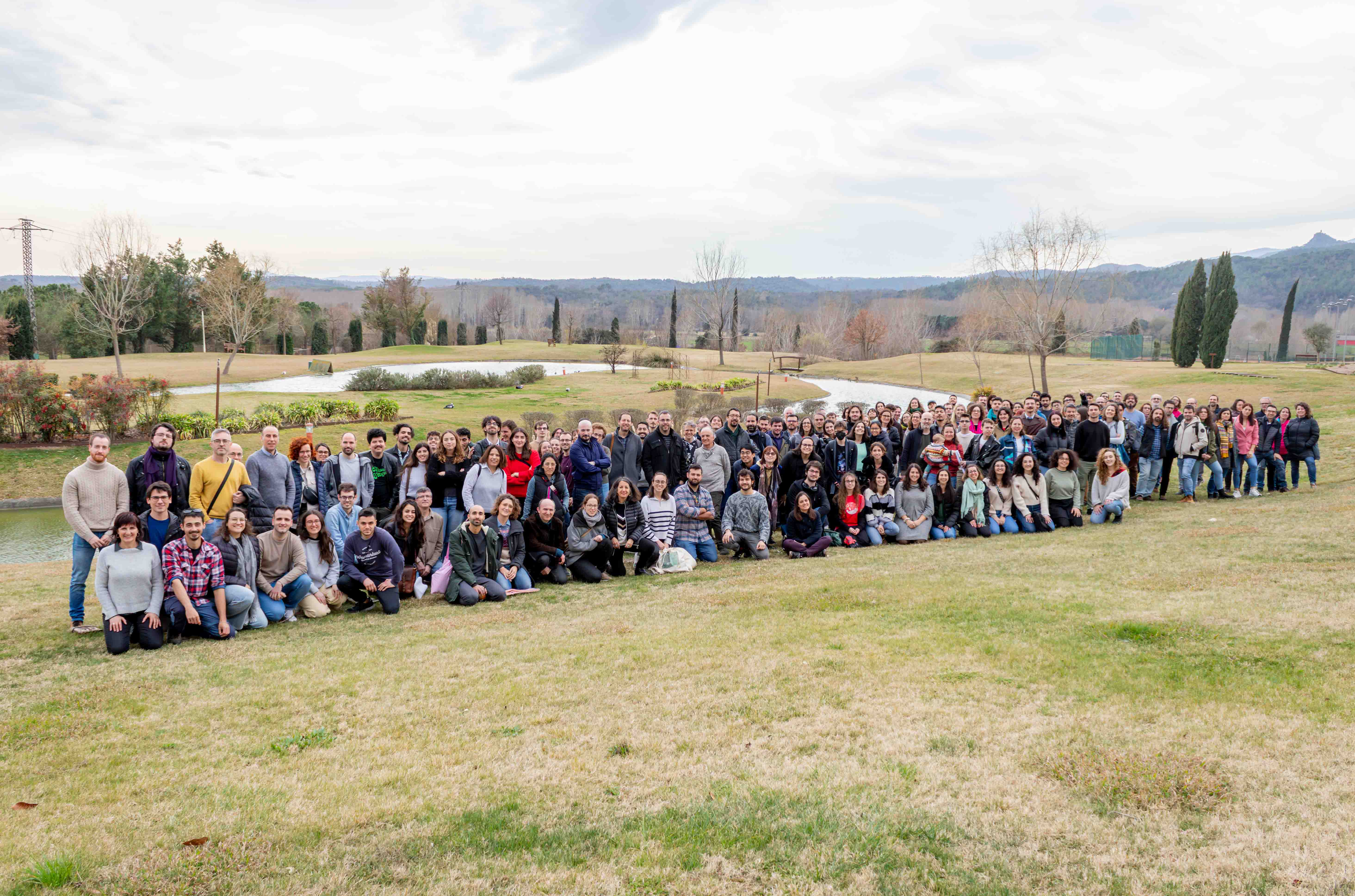The ICP and the IBE join forces to boost research in paleobiology
The Catalan Institute of Paleontology Miquel Crusafont (ICP-CERCA) and the Institute of Evolutionary Biology (IBE), a joint center of the Spanish National Research Council (CSIC) and Pompeu Fabra University (UPF), have decided to join forces in a strategic partnership to promote research in evolutionary biology and paleontology. This alliance has materialized forming the Paleobiology Unit, ICP-CERCA, associated with the CSIC by the IBE, composed of research personnel from both centers.

The agreement represents the recognition that the two research centers share strategic objectives focused on research in evolutionary biology, especially in the reconstruction of the evolutionary history of vertebrates, including hominids and other fossil primates. The associated unit consists of more than 25 researchers from both centers and aims to foster research by combining data from extant species and the fossil record, emphasizing the importance of paleogenomics and paleoproteomics. Additionally, it aims to enhance other research areas such as the study of paleobiodiversity dynamics, the evolution of life under insular conditions, and phylogenetic inference.
In this agreement, ICP brings its extensive paleontological collections and the necessary knowledge to interpret vertebrate evolution, while IBE provides its expertise in molecular biology and specialized researchers and laboratories to carry out research and data analysis using bioinformatics techniques. The creation of this associated unit will allow research personnel to work in both centers interchangeably, facilitating integration and efficiency in research.
At a strategic level, the establishment of the Paleobiology Unit aims to consolidate the international presence of both centers and maximize their academic impact. Furthermore, it aims to have a larger and more integrated critical mass of research personnel, essential for carrying out more ambitious research projects. The unit also aims to offer joint scientific and technical services aligned with the objectives of the Horizon Europe program, as well as to establish and consolidate joint and transversal research projects, lines, and groups in line with the strategic plans of both centers. Additionally, it will seek new strategic alliances at both national and international levels, especially in the fields of paleogenomics and paleoproteomics.
